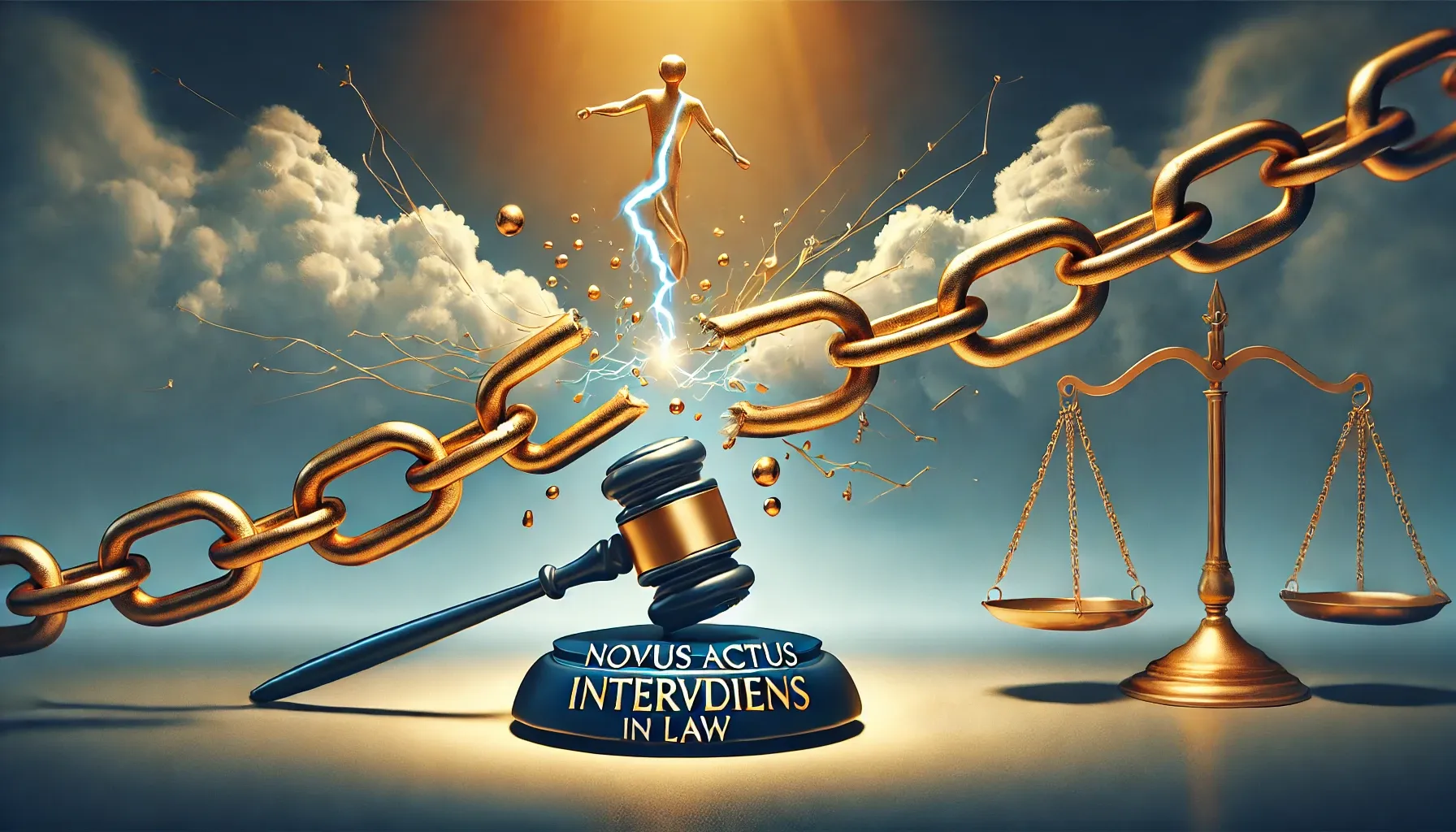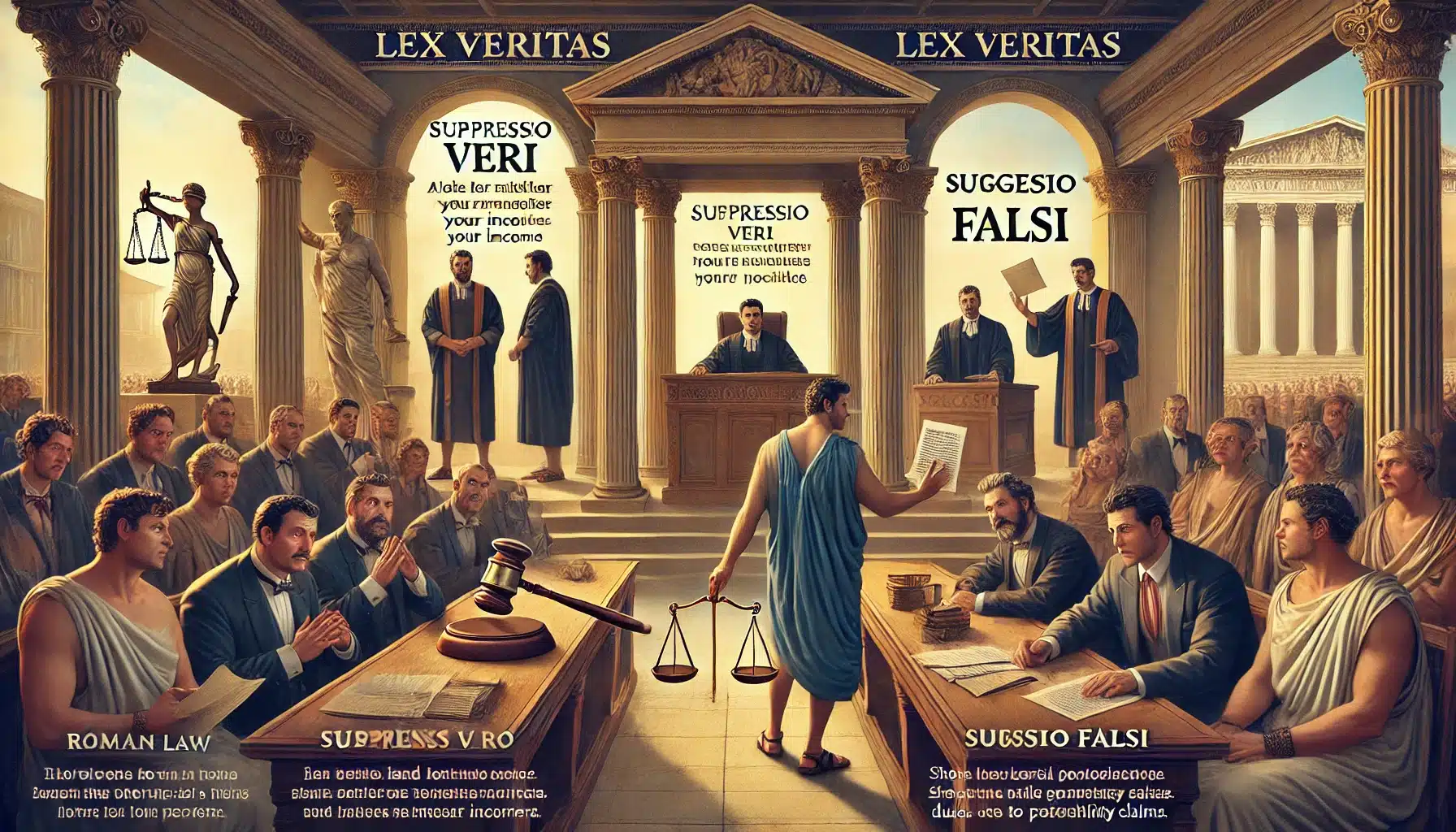Definition The term liberty is similar to the term freedom[i]

Definition
The term liberty is similar to the term freedom[i] and that means freedom or independence of an individual to live as they wish or go where they want. Essential attributes[ii] of the word liberty[iii] are –
- The freedom of an individual to think and behave in such a manner that they are not controlled by a government or by other individuals.
- A specific kind of freedom, especially one that an individual has a legal right to.
Meaning
Liberty means a Quality or state of being free, it empowers an individual to do what pleases them. Liberty means freedom from restraints and arbitrary or despotic control. Liberty is the positive enjoyment of various political, social, or economic rights and privileges, accompanied with the power to choose.
In its positive sense, Liberty is taken to mean freedom under rational and logical i.e. restraints which are rational and have stood the test of time. It means liberty under the rational and necessary restraints imposed by law. These restraints are considered essential for ensuring the enjoyment of liberty by all the people in a civil society.
USAGE
The word liberty is used per giving privilege, a right or immunity that are enjoyed by prescription or by the grant. A privilege especially to go freely within specified limits.
The word liberty is also with actions going beyond normal limits, a breach of propriety, or etiquette. Liberty is also used to depict a short-authorized absence or a condition of being unoccupied.
Article 21 of the Indian Constitution talks about liberty it states –
No person shall be deprived of his life or personal liberty except according to a procedure established by law.
Liberty of the person is one of the oldest concepts to be protected by national courts. As long as 1215, the English Magna Carta provided that, no freeman shall be taken or imprisoned, but, by the law of the land.
In India, the concept of ‘liberty’ has received a far more expansive interpretation. The Supreme Court of India has rejected the view that liberty denotes merely freedom from bodily restraint, and has held that it encompasses those rights and privileges that have long been recognized as being essential to the orderly pursuit of happiness by free men.[iv]
The meaning of the term ‘liberty’ was considered by the Supreme Court in Kharak Singh’s case[v], which arose out of the challenge to Constitutional validity of the U. P. Police Regulations that provided for surveillance by way of domiciliary visits and secret picketing. Oddly enough both the majority and minority on the bench relied on the meaning given to the term “personal liberty” by an American judgment (per Field, J.,) in Munn v Illinois, which held the term ‘life’ meant something more than mere animal existence. The prohibition against its deprivation extended to all those limits and faculties by which life was enjoyed.
There is a misconception that Liberty is antithetical with law. If the concept of liberty is to be made meaningful, regulations are essential. If liberty to individuals is unrestricted it may provide some people with enhanced liberty, however, it will result in the reduction of liberty of the majority. This makes it important to monitor the concept of Liberty by law. There should be a balance Liberty to be given but everyone to be at the same footing.[vi]
Some Historic usage –
- In the late 14th century, the word had the sense of ‘freedom to do as one chooses.
- In the middle of the 15th century, liberty meant ‘unrestrained behavior’ led to the expression ‘take liberties’, which was in use in the 1620s in the sense of going beyond the limits of conventionally accepted behavior
- In the late 15th century, this word was also associated with groups of people and communities, representing being free from the autocratic rule or despotic and arbitrary control.
Some usage in a sentence –
- Ben was an apostle of world liberty.
- ‘Happiness’, ‘honesty’ and ‘liberty’ are abstract nouns.
- Jack fought for his liberty.
- Merlin bought her liberty with hard work.
- The attorney is not at liberty to tell you the facts.
ORIGIN
Originated[vii] in the late 1400 century, the root word[viii] is in the Latin ‘libertas’. Liberty can be associated with political or civil freedom. It can be used to demonstrate a condition of being allowed to do something, having permission. The Old French word ‘liberte’ was used to denote ‘free will, freedom’, which is also the meaning carried in the Modern French ‘liberté’.
Related words: liberties, libertarian, liberal, liberating
[i] “Liberty.” Merriam-Webster.com Dictionary, Merriam-Webster,
[ii] https://dictionary.cambridge.org/dictionary/english/liberty
[iii] https://www.macmillandictionaryblog.com/liberty
[iv] Liberty: Definition, Nature and Theories,
[v] Article 21 of the Constitution of India – Right to Life and Personal Liberty, Drishti,
[vi] The Free Dictionary [Internet]. “liberty”. The American Heritage Roget’s Thesaurus, Houghton Mifflin Harcourt Publishing Company, 2014 [cited 11 Jun. 2020]. Available from
[vii] https://www.collinsdictionary.com/dictionary/english/liberty
[viii] The Free Dictionary [Internet]. “liberty”. American Heritage® Dictionary of the English Language, Fifth Edition, Houghton Mifflin Harcourt Publishing Company, 2011 [cited 11 Jun. 2020]. Available from




